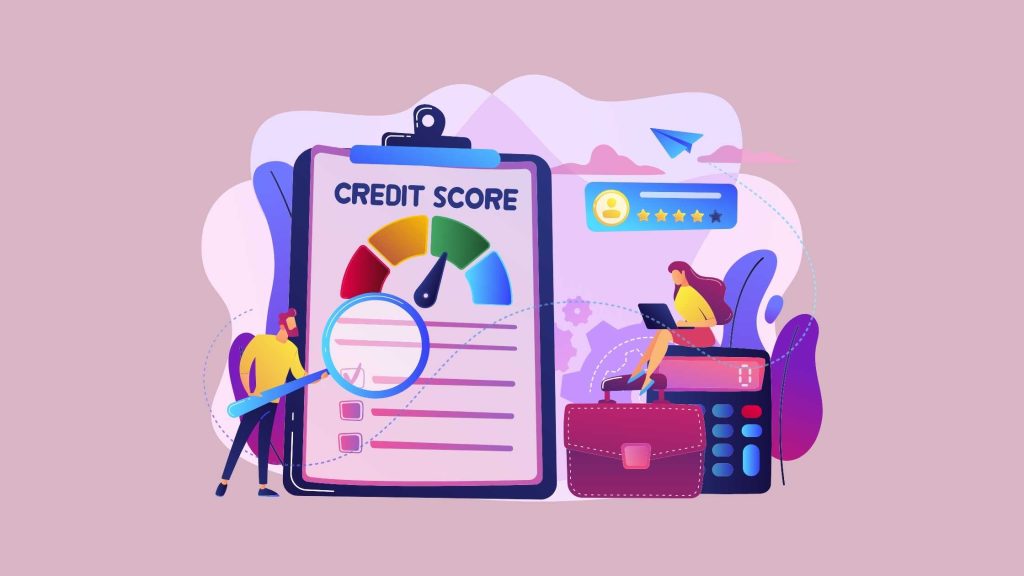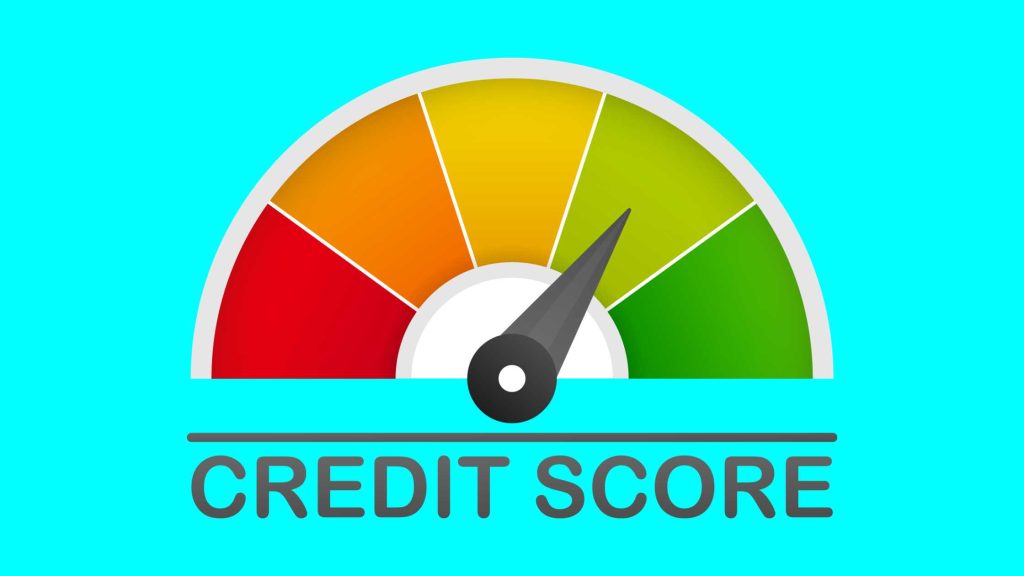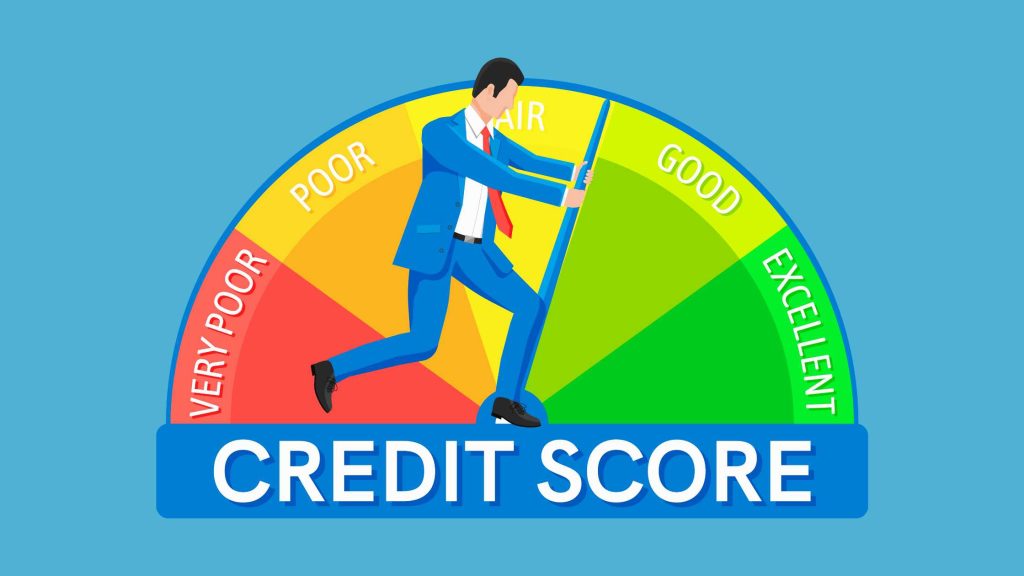High Credit Scores : Without a Credit Card How To Maintain a High Credit Score : Comprehensive Guide – 2024
High Credit Scores : In today’s financial landscape, a credit score has become a crucial factor that determines access to various financial services, including loans, mortgages, and even rental agreements. It is a three-digit number that essentially represents a person’s financial health and their ability to manage debt. This score is an important consideration for banks, Non-Banking Financial Companies (NBFCs), and lenders in determining a borrower’s reliability. While many assume that maintaining a good credit score requires the use of credit cards, this isn’t entirely accurate. In fact, even those who do not own a credit card can achieve and maintain a high credit score by employing alternative strategies.
Table of Contents
A key misconception is that one must use a credit card extensively to build or improve their credit score. While credit cards are indeed one of the tools used for this purpose, they are not the only way. In this essay, we will explore how people without credit cards can maintain and improve their credit scores by using alternative methods, as well as offer tips on how to leverage financial tools efficiently.
Understanding Credit Scores: The Basics
A credit score is a number ranging from 300 to 900 that reflects an individual’s creditworthiness. This score is calculated by credit bureaus, such as CIBIL in India, using factors like repayment history, types of credit used, the amount of credit utilized, and the length of credit history. Here’s how the score is generally categorized:
- 300-600: Low or poor credit score. Borrowers in this range often face challenges in obtaining loans or may be subjected to higher interest rates.
- 600-750: Fair to good credit score. Borrowers here can generally access loans, but may not qualify for the best interest rates.
- 750-900: Excellent credit score. Borrowers in this range typically receive better loan offers, lower interest rates, and preferential treatment by lenders.
The closer the credit score is to 900, the more confidence lenders will have in your ability to repay loans. A low credit score, on the other hand, signifies a higher risk to the lender, often resulting in loan rejections or approvals with hefty interest rates.
Also Read : Credit Card Mistakes : Avoid These Mistakes When Using a Credit Card: Unlock Many Benefits
The good news is, you do not need a credit card to build or improve your credit score. Whether you are aiming to establish your creditworthiness for the first time or to improve an existing low score, there are several ways to achieve a high score without relying on a credit card.
Building Credit Without a Credit Card: The Alternatives

Though many individuals rely on credit cards to help build their credit, there are alternative methods that work just as effectively, if not more so in some cases. Below are some of the most effective ways to improve and maintain your credit score without needing a credit card.
1. Taking Out Loans from Banks or NBFCs
One of the most straightforward methods of building credit without a credit card is by taking out loans from traditional financial institutions such as banks or NBFCs (Non-Banking Financial Companies). Whenever you apply for a loan, the lender will evaluate your credit report to assess your financial stability and repayment ability. Even if you do not have a credit card, making regular, timely payments on loans can positively impact your credit score.
There are different types of loans you can consider, such as:
- Personal loans
- Auto loans
- Education loans
- Home loans
The repayment history of these loans is a major factor in determining your credit score. For example, successfully repaying a personal loan or car loan on time not only helps you maintain a good credit score but also enhances your eligibility for future loans at better interest rates.
While applying for these loans, it’s crucial to present the required documentation, such as income proof, identity proof, and address proof, to ensure that your application is processed smoothly. Starting with smaller loans and ensuring timely repayments can significantly improve your credit score. Once you establish a history of responsible credit management, lenders will be more inclined to offer you better terms, such as lower interest rates on future loans.
2. Opting for a Secured Credit Card
For individuals who find it challenging to obtain a regular credit card due to a lack of credit history or a low credit score, secured credit cards are a great alternative. A secured credit card requires the individual to deposit a fixed amount with the financial institution. This deposit acts as collateral, and the credit limit is often a percentage of the deposited amount.
The key difference between a secured and regular credit card is that the former is backed by a cash deposit, which minimizes the risk to the lender. Because of this security, even individuals with low or no credit history can obtain a secured credit card, use it responsibly, and build a credit history.
While using a secured credit card, it is crucial to make timely payments and keep the credit utilization ratio low (generally below 30%). Over time, consistent, responsible use of a secured credit card can boost your credit score. Many financial institutions will even offer you a regular credit card after a period of responsible usage.
3. Taking Advantage of Peer-to-Peer (P2P) Lending Platforms
Peer-to-Peer (P2P) lending platforms have emerged as an alternative to traditional loans from banks and NBFCs. These platforms allow individuals to borrow money directly from other individuals through an online marketplace, without needing to apply for a credit card. The borrower creates a profile on the platform, and potential lenders can choose to fund the loan request based on the borrower’s creditworthiness.
Although P2P lending is a relatively new method, it has gained popularity for its ability to provide faster loan approvals and competitive interest rates. Borrowers can access small loans quickly, and the interest rates are generally lower compared to traditional banks. More importantly, repaying a loan taken through a P2P platform in a timely manner is reported to credit bureaus, which helps improve your credit score.
This method works particularly well for those who need a loan but are unable or unwilling to get a credit card. It also serves individuals with low or limited credit histories who might have trouble qualifying for traditional bank loans. In this case, the P2P lending platform acts as an intermediary, facilitating the loan process while helping borrowers build their credit history.
4. Building Credit Through Utility Payments
Another often overlooked method of improving your credit score without a credit card is by making timely utility payments. Many credit bureaus have begun including utility payments, such as electricity, gas, water, and even phone bills, as part of an individual’s credit report. By ensuring that these payments are made on time each month, you can indirectly improve your credit score.
This approach is especially useful for those who are just starting to build a credit history. While it may not have as significant an impact as repaying a loan or a credit card, timely utility payments demonstrate responsible financial behavior. Over time, this can positively influence your credit score and make you more appealing to lenders.
5. Repaying Existing Debt
If you have any existing loans or debt, whether it’s a student loan, personal loan, or car loan, repaying them responsibly can do wonders for your credit score. Consistently meeting payment deadlines and avoiding defaults can gradually raise your credit score, demonstrating to lenders that you are a reliable borrower.
For individuals without a credit card, focusing on repaying existing debt is one of the most effective ways to maintain and improve a credit score. It shows that you are capable of managing debt responsibly, which is a key factor in determining your creditworthiness.
6. Becoming an Authorized User on Someone Else’s Credit Card
If you’re unable to get a credit card or choose not to, another option is to become an authorized user on someone else’s credit card account, such as a family member or spouse. In this arrangement, the primary cardholder allows you to use their card, and your credit score benefits from their positive payment history.
However, it’s important to ensure that the primary cardholder has good credit habits, as any missed payments or high credit utilization on their part can negatively affect your credit score as well.
7. Taking Out a Joint Loan or Cosigning a Loan
Another option to consider is taking out a joint loan or cosigning a loan with someone who has a good credit history. This can help you gain access to loans that you may not qualify for on your own. When you successfully repay the loan, it reflects positively on both parties’ credit reports.
Cosigning a loan or taking a joint loan comes with its own risks, though. If the other party fails to make payments, your credit score will also suffer. Therefore, it’s essential to ensure that both parties involved are committed to making timely repayments.
Why It’s Important to Maintain a High Credit Score

Maintaining a high credit score has a range of benefits that extend beyond just getting approved for loans. A good credit score helps you secure loans with lower interest rates, saving you money over the long term. It also allows you to access better financial products, such as premium credit cards with rewards, higher credit limits, and more favorable loan terms.
Additionally, a high credit score can impact other areas of your life, such as:
- Renting an apartment: Many landlords check credit scores before leasing apartments to ensure that the tenant is financially responsible.
- Getting a job: Some employers, particularly in finance-related industries, consider credit scores when evaluating potential employees.
- Lower insurance premiums: In some cases, insurance companies offer lower premiums to individuals with high credit scores, as they are seen as lower-risk clients.
Conclusion: Building a High Credit Score Without a Credit Card

In conclusion, while credit cards are often seen as the primary method for building credit, they are by no means the only option. With the proper financial discipline, you can maintain a high credit score without relying on credit cards. Whether through loans from banks or NBFCs, secured credit cards, peer-to-peer lending, or other methods, responsible financial behavior is the key to building a positive credit history.
Buy Now : Make Money Online – Mindset Training + Real-Life Examples – Course
The most important aspect of maintaining a high credit score is making timely repayments. Even if you don’t use a credit card, consistently paying off loans, bills, and other financial obligations will reflect positively on your credit report. By adopting these strategies, you can build a robust credit profile and open the door to a variety of financial opportunities in the future.
Keywords : High Credit Scores – High Credit Scores 2024 – High Credit Scores 2025 – High Credit Scores in India , High Credit Scores Loan , High Credit Scores Loans



